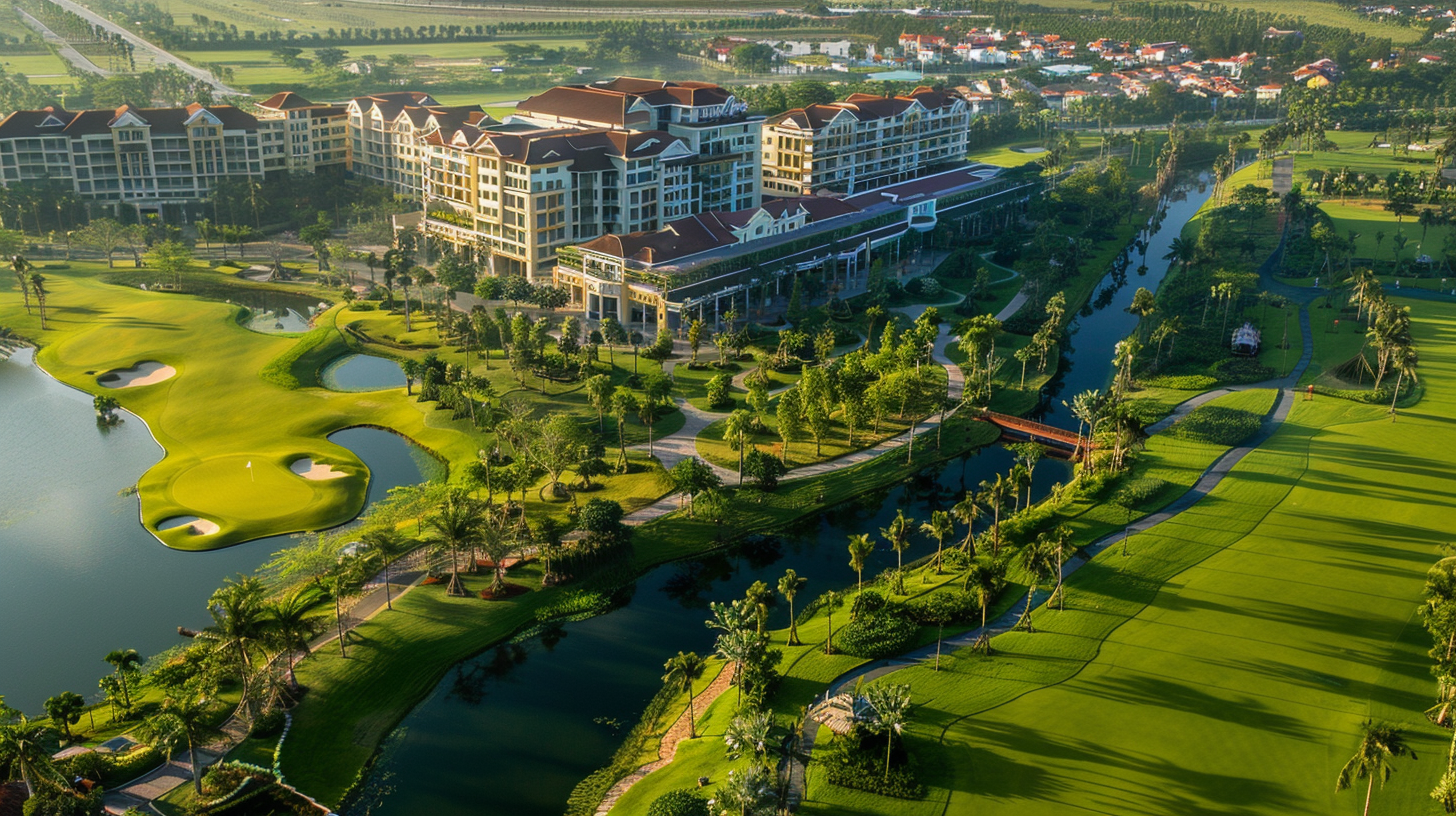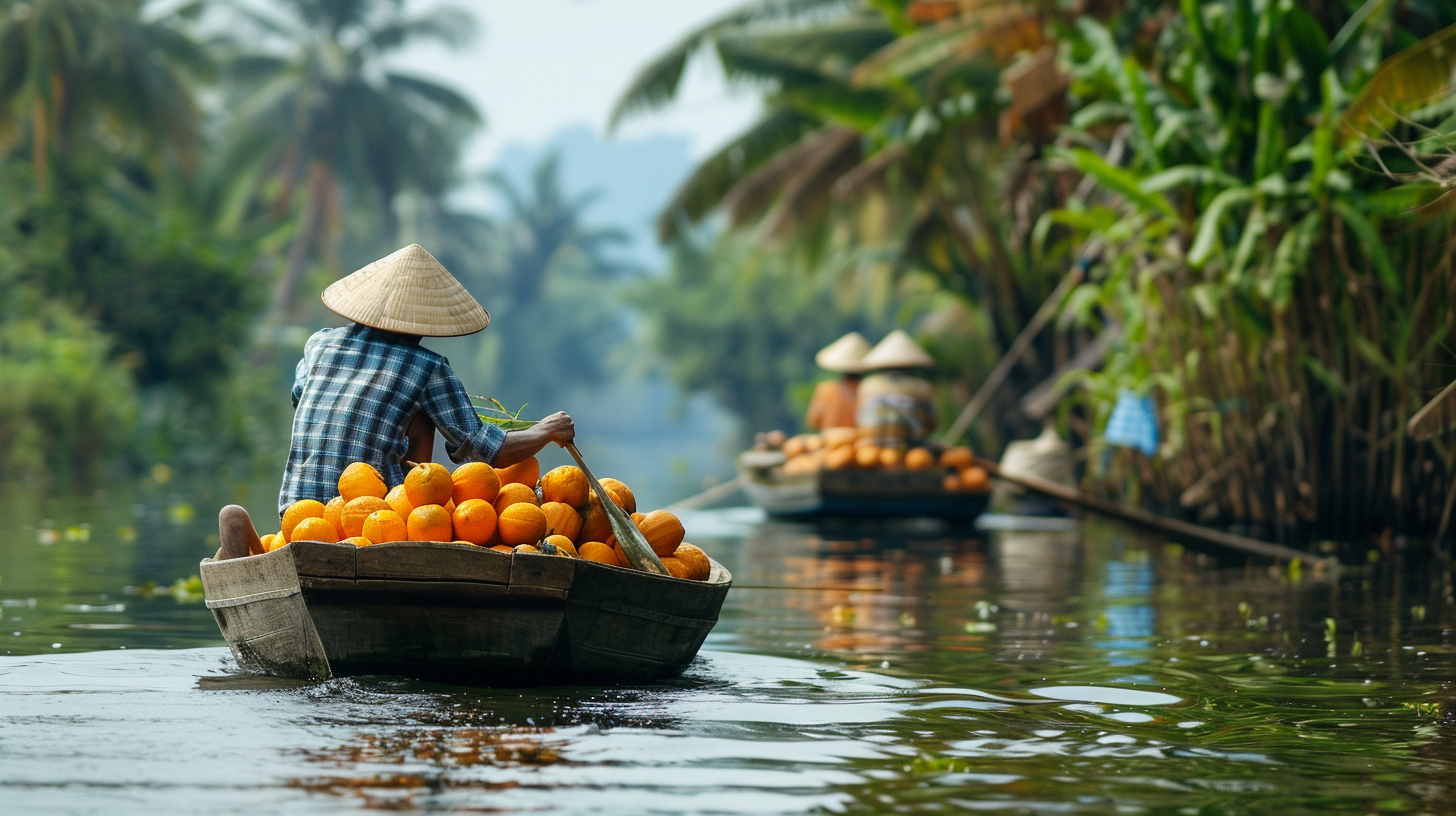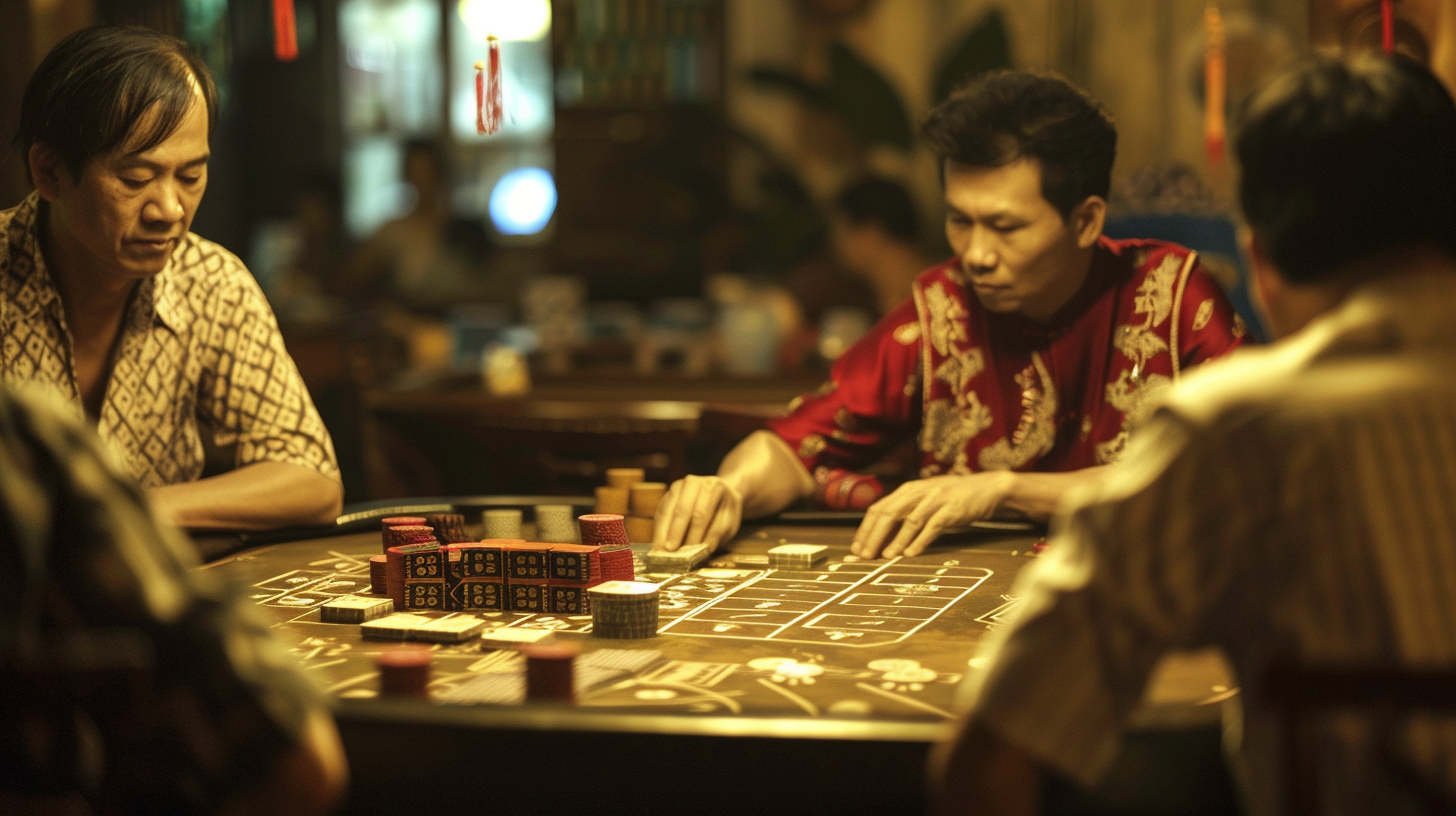Corona – Vietnamese Can Do Anything
On the illustrious resort island of Phu Quoc, Corona Resort and Casino stand as a beacon, with two-thirds of its guests hailing from foreign shores. Yet, setting itself apart as the sole casino in the nation not demanding a foreign passport for entry, Corona thrives on around 80% of its gambling profits originating from Vietnamese citizens.
"Given the impact of COVID on international travel, this makes sense, since international players have not been able to visit Corona for almost three of the five years that we have been open," notes Corona General Manager Goran Miloseski.

For Vietnamese citizens seeking entry to the Corona Casino, a monthly income of 10 million VND (approximately $400) for the last three months, evidenced through tax returns, bank statements, or payslips, is required. Additionally, an entry fee of 1 million VND within 24 hours is charged. With the necessary documentation, the registration and permit acquisition process can be completed in less than 10 minutes. An extraordinary land-based gambling establishment, Corona defies Vietnam's laws that restrict locals from playing in domestic casinos, carving a unique niche that all gambling enthusiasts aspire to experience.
Corona boasts 147 tables, 875 slot machines, and 125 ETG terminals, with the primary game currency being the Vietnamese dong. Wagering starts at 100,000 dong for roulette, 50,000 dong for sic bo, and 1 million dong for baccarat. Miloseski adds, "Players can touch cards in all our baccarat games," specifying minimum payments of 300,000 VND for blackjack and 200,000 VND for poker.
Expanding its footprint, Corona now encompasses four hotels, 20 restaurants, a 24-hectare amusement park, a protected wildlife sanctuary, a golf course, a conference center, and a 500-seat theatre. The Grand World, an entertainment and shopping complex inaugurated in 2021, offers gondola rides, cultural performances, a nighttime light show, and a fountain spectacle.

Drawing Visitors In
Nestled on the southwest coast of Vietnam, Phu Quoc is a mere one-hour flight from Ho Chi Minh City and a two-hour journey from Hanoi. The international airport offers direct flights from Seoul, Busan, Shanghai, Taipei, Hong Kong, Kuala Lumpur, Bangkok, and various European cities.
This island, encompassing three-quarters the size of Singapore, has become a magnet for billions in new tourism investments, allured by its pristine white sand beaches and crystal-clear blue waters. Vietnamese authorities, recognizing its potential, have provided financial incentives and enhanced infrastructure, including a state-of-the-art international airport and a new road leading to the Corona casino.
"Opening more resorts means more marketing teams are working to attract guests to Phu Quoc," remarks Miloseski. Highlighting the island's allure, he notes, "December and January 2024 were the best months in Corona’s history for the number of casino visitors, with an average of more than 600 people per day."

Pilot Initiative - Embracing Local Games
The government's pilot program, permitting local gambling in Corona (and the yet-to-open Van Don in northern Vietnam), is slated for review this year. While Hoiana and The Grand's management have expressed openness to joining the program, they contend that their current status as foreigners-only casinos remains lucrative.
As of the latest LET results, Hoiana recorded US$113.8 million in GGR in H1 2023, with a substantial 88% attributed to VIP gaming. In Vietnam, the gambling tax rate stands at 35%, with deductions allowed for advertising expenses, resulting in an effective rate of approximately 20%. Hoiana reported an EBITDA of $10.1 million for this period. At this income level, recouping the $2 billion investment would span a century.
Klebanow Consulting Director Andrew Klebanow underscores, "It has been proven time and time again that integrated casinos in Vietnam cannot be successful unless Vietnamese residents are allowed into the casinos."
The trajectory of integrated resorts (IRs) in Vietnam, both within the country and beyond, is anticipated to ascend as travel and the economy rebound from the effects of the coronavirus pandemic. "We believe the PRC market will come back," notes Wolstenholme. "And it will undoubtedly become our main, if not our main, market."
VinaCapital, overseeing $4 billion in assets, foresees robust long-term returns from each integrated casino (IC). The company asserts, "We would like to note that both investment cases were independent of policy changes regarding allowing entry to Vietnamese passport holders."
The prospects for integrated resorts in Vietnam, in the very near future, are poised to rival those of Macau's resorts. The unfolding year will reveal the realities and profits that Vietnamese land-based gambling establishments will accrue, particularly if entry is extended to Vietnamese passport holders across all three casinos.









